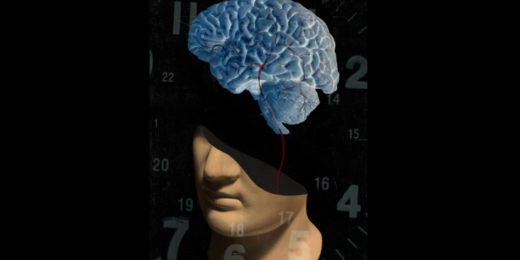According to a study, antibodies circulating after SARS-CoV-2 vaccinations wane rapidly in people who are receiving dialysis.
Month: December 2021
Designing psychiatric care to precisely match patients’ biology
Using a new approach that harnesses the power of precision, Stanford Medicine researchers are devising new ways to treat depression.
Stanford Medicine magazine’s top reads of 2021 offer hope
Stanford Medicine magazine's most-read articles of 2021 were about health inequity and discoveries about the brain and nervous system.
Top 5 Scope stories of 2021
From the genetics of COVID-19, to cancer, to tonsils, this story is a wrap up of Scope's most read stories of 2021.
Who’s on first? Duking out scientific paper authorship order
Determining the order of authors on a scientific paper can be tricky. Unless you're a pair of video gaming graduate students.
New genetics tool helps guide dosages of tuberculosis drug
Researchers design a test that predicts how quickly patients metabolize a standardized tuberculosis drug, aiming to increase efficacy.
Stanford-born birth control app among Time’s top 100 innovations
Two Stanford Biodesign researchers designed a birth control app and case that helps women track their weekly doses.
Imaging technique improves outcomes for many stroke patients
Researchers at Stanford Medicine create new imaging technique to increase the window in which stroke patients can seek care.
A serious gamed-based approach to assessing surgical residents
Researchers at Stanford Medicine have created a computer game to better educate medical students diagnosing patients during surgery.
Pandemic Puzzle: Vaccinating children
A Stanford Medicine researcher discusses COVID-19 vaccination for children and why it's important for them to get the shot.
COVID-19 can infect the inner ear
Researchers say anyone with new on-set hearing loss, tinnitus or vertigo, with exposure to COVID-19, should be tested and monitored.












